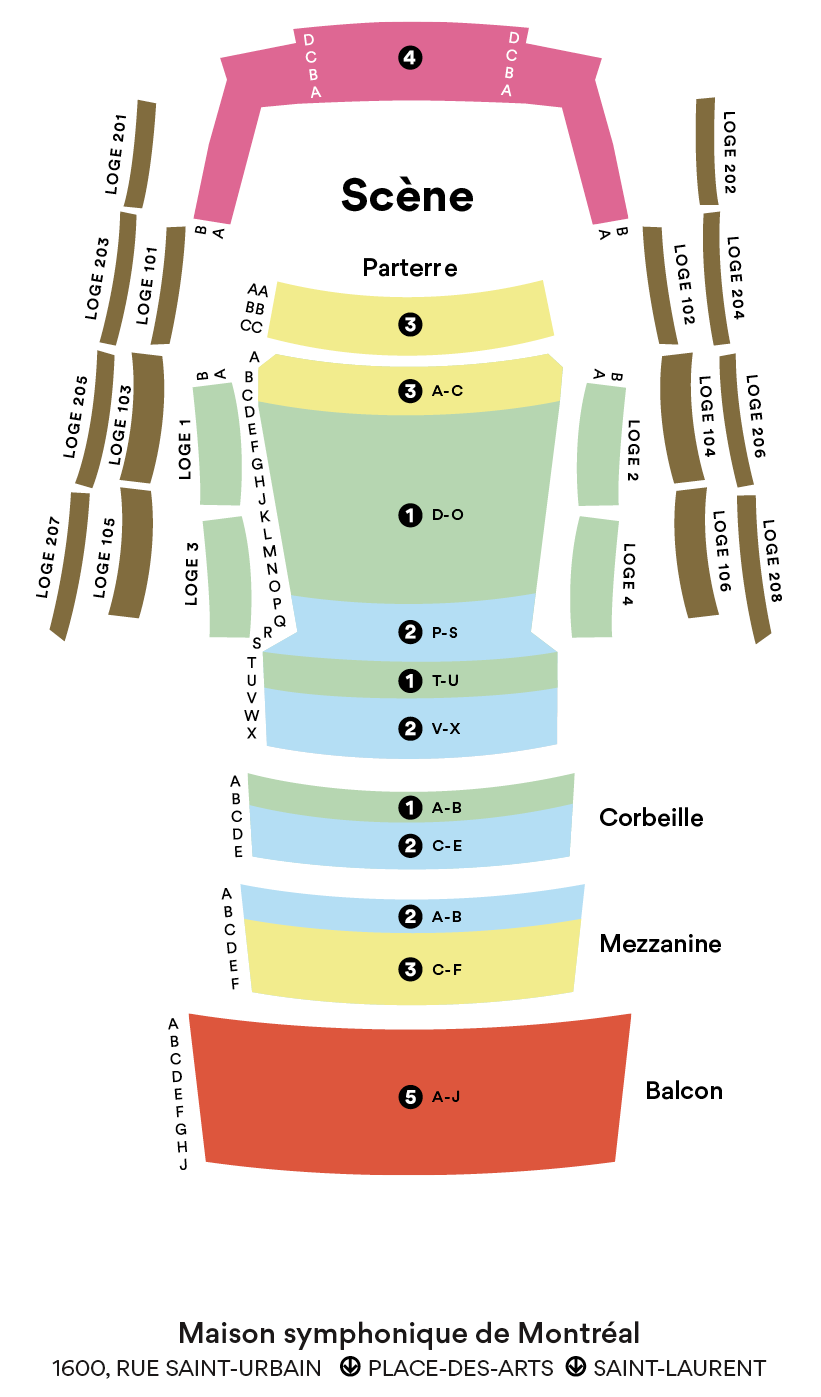Flute Concerto
Marc-André Dalbavie
Born 1961
After completing his studies at the Conservatoire de Paris, where he worked with Marius Constant, Claude Ballif, Tristan Murail and Pierre Boulez among others, Marc-André Dalbavie embarked on his professional life with a pocket full of first prizes. Throughout his productive career as a composer he has taken a keen interest in various compositional techniques, including spectral music, computer-assisted music, electronic music and spatialization. Much of his work arises from study of the continuity between tonality and atonality, of timbre and of the reorganization of musical forms, such as the concerto. Dalbavie is one of the most performed contemporary composers around the globe.
Elegant melodies alternate with impassioned outbursts in his Flute Concerto, a luminous work driven by a sustained energy. Although the piece takes the conventional fast-slow-fast form of a classical concerto, the three movements are played without a break, forming a great sonic arc whose climax is reached in the slower middle section infused with lyricism and a delicate sensuality. The harmonic language vacillates between tonality and atonality. In handling the relationship between the soloist and the orchestra, the composer exploits a range of ideas – playing with the effects of resonance as when the orchestra extends phrases first stated by the flute, for example. Another unusual feature of the work is the attention paid to the lushness and refinement of timbre. Dalbavie thus joins the great French tradition of the progressive conquest of timbre and its evocative poetic power.
© 2022 Florence Leyssieux
Translation by Craig Schweickert
